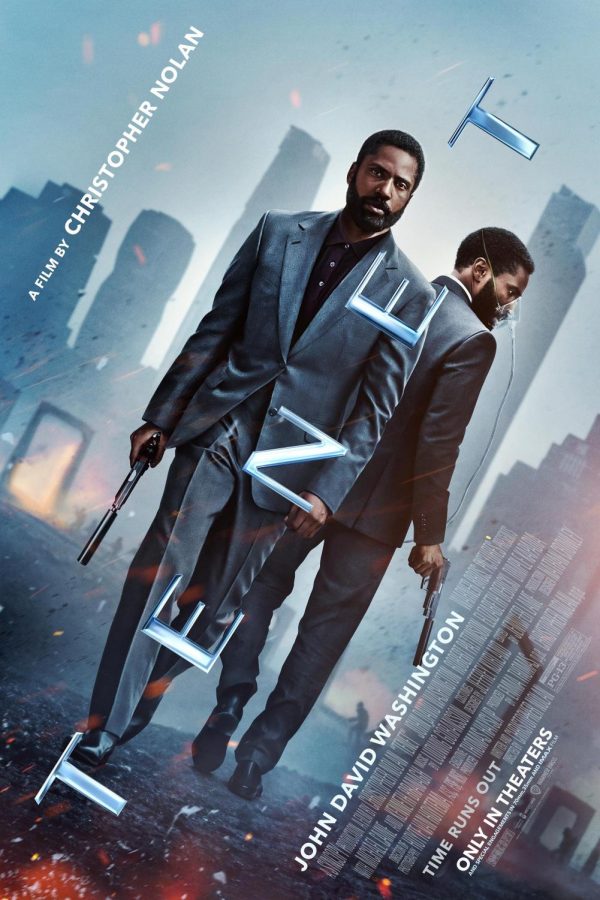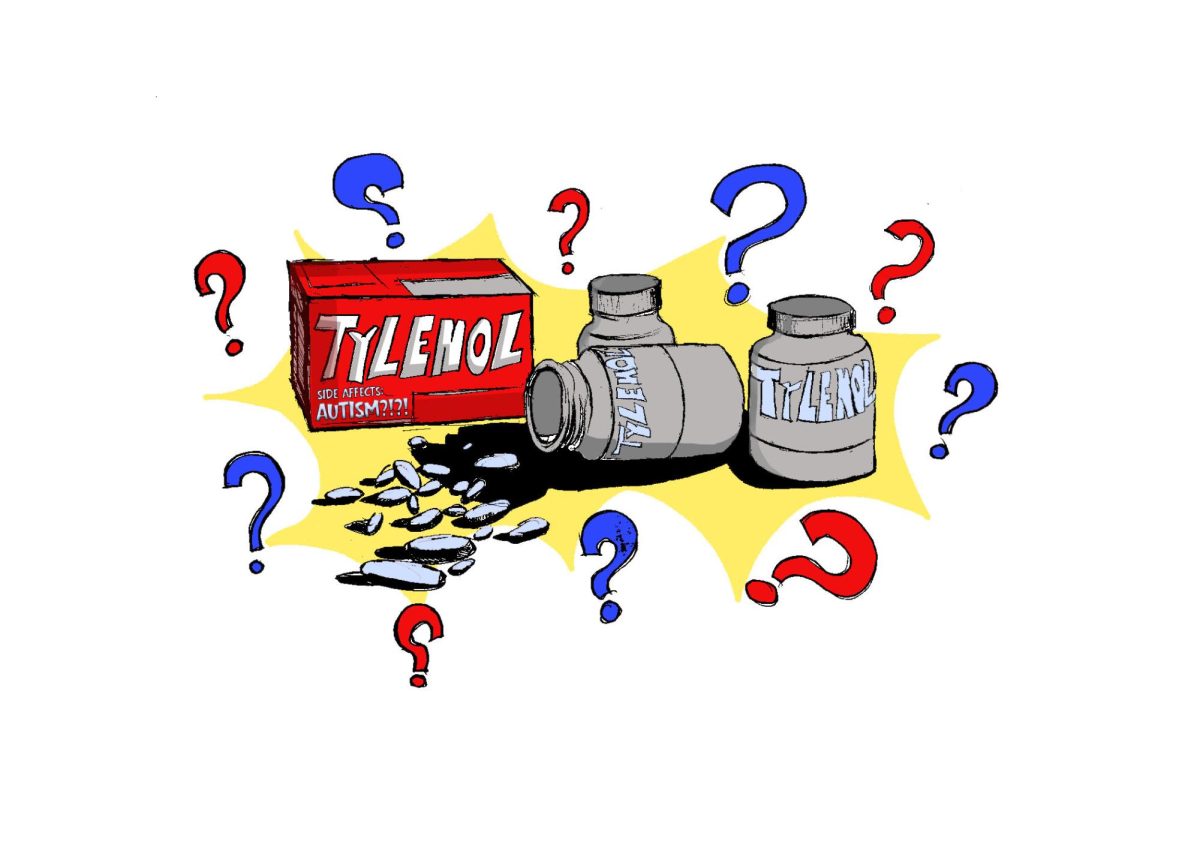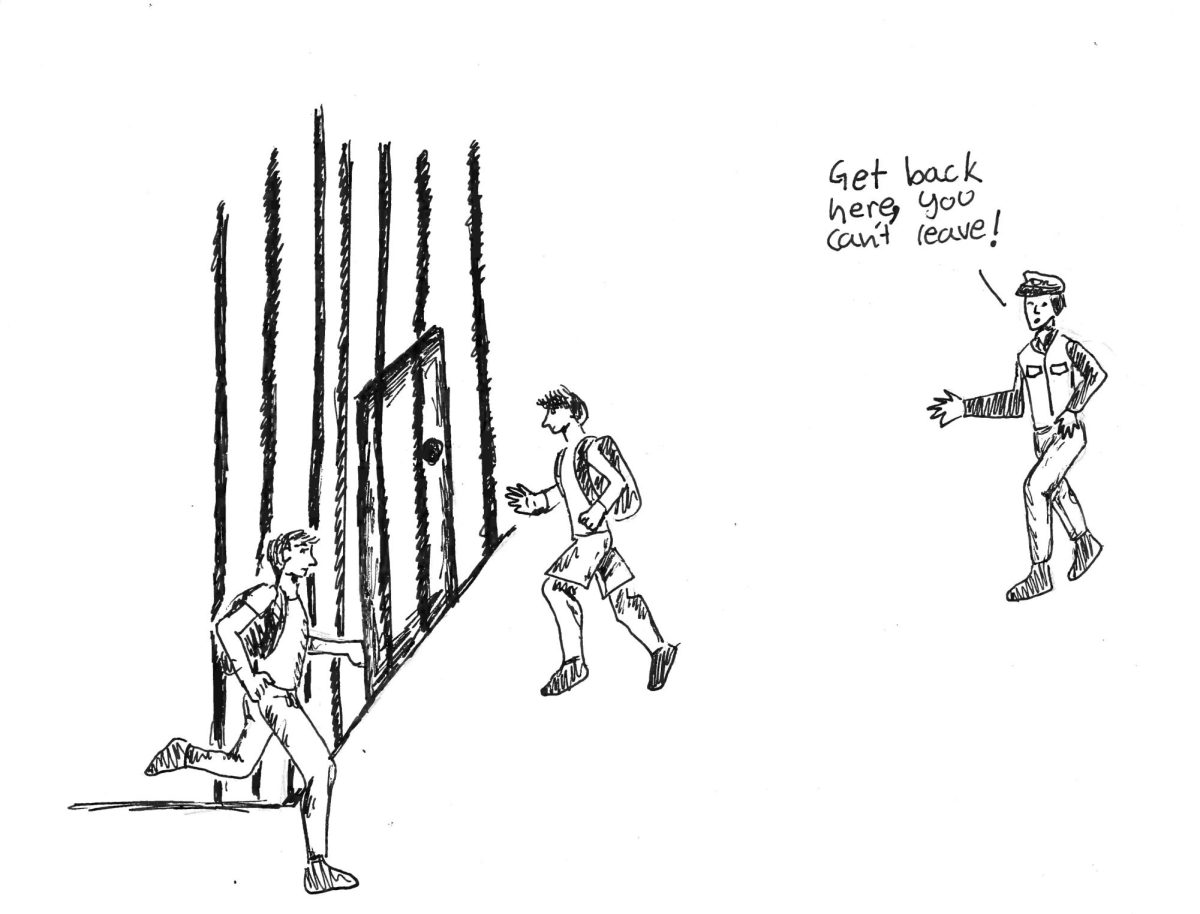Tenet Review
September 25, 2020
Over the last two decades, director Christopher Nolan has made a name directing what some like to call “prestige blockbusters.” His films meld spectacle and plot, creating stories with epic scale and universal human questions and ideas. His latest film, Tenet, shys away from the emotional resonance seen in some of his other works and instead opts for a mind-melting experience of pure adrenaline and excitement, an option that may make it Nolan’s best work in years.
In the past, Nolan had been outspoken in his desire to create a spy film, stating that as a child he loved the James Bond series. This dream comes to fruition in Tenet, an espionage thriller like no other. Similar to the 007 films, Tenet follows the tried and true structure of the suave hero attempting to prevent a catastrophic event from happening. While doing this, our hero visits beautiful locations and fights nefarious villains in big action set pieces. Watching Nolan play with these conventions in his classic “gritty-yet-clean” style is a fun experience, but does not present the world-bending concepts we expect from the director. This is why the introduction of “inversion” into the film is such a delight. As the palindrome title hints, Tenet presents the idea of inversion during which items such as bullets and cars have the ability to move in reverse through time while others continue to move forward. The film plays with this element a lot, making it in many ways the center point of the plot. The use of inversion makes for some of the most innovative and visually paralyzing action scenes I’ve seen in years. The concept is also kept as a constant hook throughout the film as the story slowly reveals clues as to its discovery and how powerful it truly is. Some may criticize this method of explaining a high-concept idea, but I find the film’s no-nonsense approach refreshing in contrast to films like Avengers: Endgame that feel the need to repeat how everything works. The inversion element truly shapes the film into something different and new, becoming more than your average spy flick.
Tenet admittedly lacks much characterization for its big cast. The film asks the audience to connect to the characters through their beliefs and attitudes, rarely filling in backstories to flesh out their roles. I can see how many could find this as a weakness as characters are typically what carry a plot, but here I find it works perfectly. A film like this begs its audience to theorize about it, and Nolan makes sure to plant seeds throughout, hinting at the pasts of each character.

Our three main protagonists, played by John David Washington, Elizabeth Debicki, and Robert Pattinson, represent a rare sight to see in modern blockbusters: Noble heroes. The most common protagonist in today’s action films is the anti-hero or the character who starts off with bad intentions but ends up doing the right thing by the end. Audiences love to watch these redemption tales, but it’s nice to see a film like Tenet where from the beginning our main character acts upon good morals and a desire to see happiness for others. Of course, in a world with light, there must be darkness, and in Tenet, Kenneth Branagh represents that darkness as an intimidating, if not over the top, weapons producer and abusive husband to Debicki’s character. This classic good versus evil dynamic is a pleasure to watch and keeps the audience on the edge of their seats as the heroes and villains clash.
Tenet is not a perfect film and is in many aspects hit or miss. The movie requires a lot from its audience, but I find its rewards completely worth it. The picture is a complete rollercoaster from beginning to end, full of mind-blowing practical effects and brain-busting concepts that leave you in bewilderment. Its refusal to relax is what makes it such a unique adventure, and one I find incredibly fun and satisfying.















stzgists • Jan 14, 2021 at 6:17 AM
This tenet movie was so confusing the first time I watched it that I had to delete it even my family members were all upset, but when my friends were talking about it I had to go get it again and watched and understand it. however I later watched another movie lupin and that one I really like and I think that’s the best tv series this year